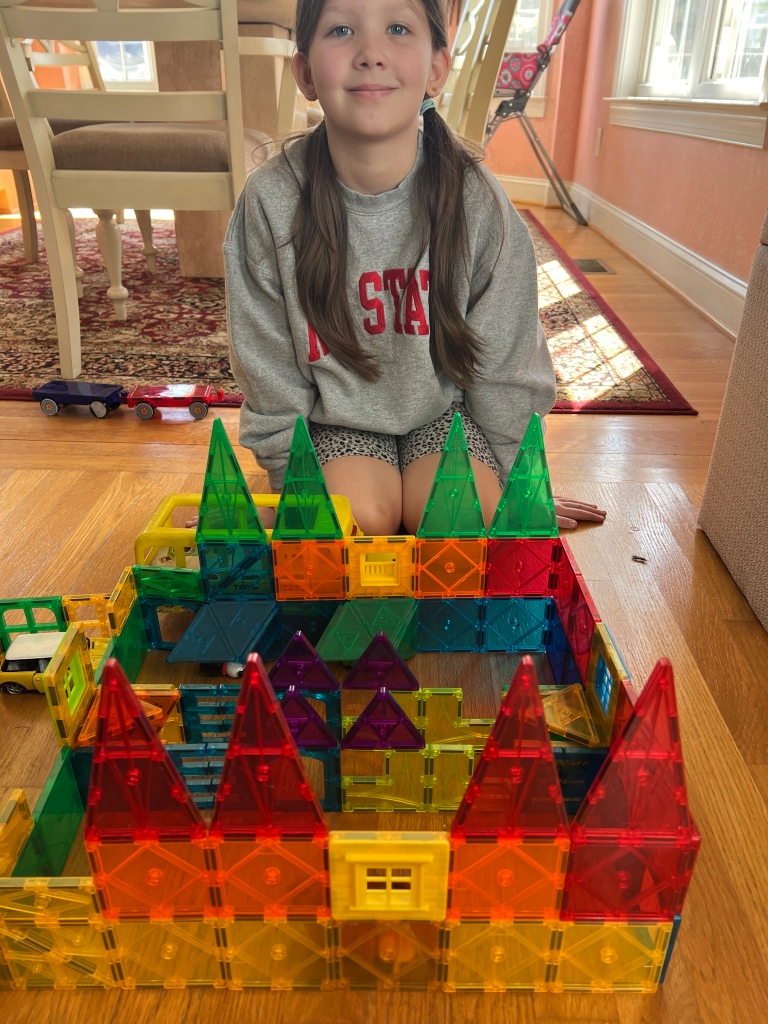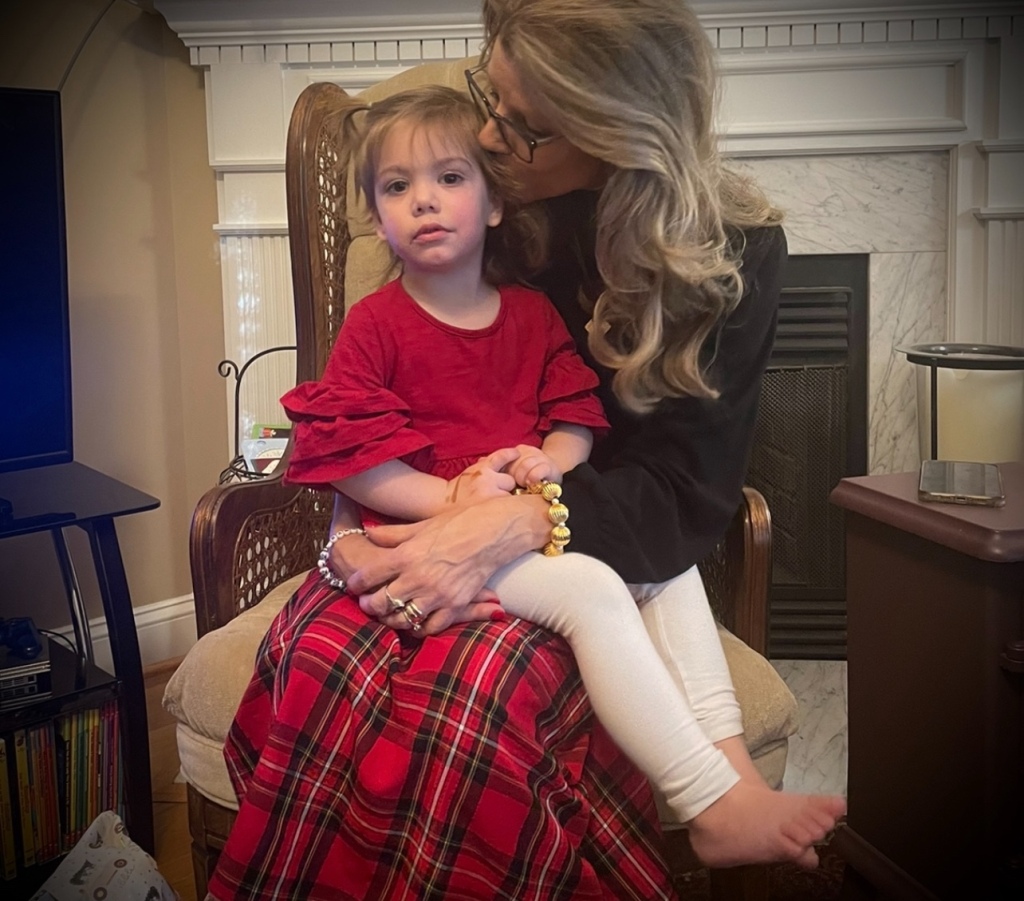On the last day of the March Open Write at Ethical ELA, host Shelly Martin-Young invited participants to write a poem modeled after “Relax” by Ellen Bass. Shelley said: “Think about all of the things that are happening in your life right now, good or bad. Make a list and write your ‘relax’ poem. When my students write their Relax poems, I have them start with Ellen’s first line: Bad things are going to happen. So start there and just write. Maybe by the end of the poem, you will be able to relax, let it go, and taste the sweet fruit.”
So I took the first line, and wrote…
Carrying On
Bad things are going to happen.
Your husband will break the handle
off your favorite coffee mug
(the one with Shakespeare’s signature,
that you’ve had since your freshman year
of college). Your young son will lose
the basketball pendant that belonged
to his grandfather in the 1930s.
It will never be found. Your car dashboard
will burst into flames midway through
a long trip in the mountains and you will discover
there’s not enough Dr. Pepper
in that bottle you’re holding
to douse them. People will disappoint you
and confuse you with their chameleon loyalties
—“fickle,” your mother will tell you,
while you are still a child.
And the time will come when you no longer
have a relationship with your mother.
You’ll learn, to your astonishment, that your
father is the family glue and everything will
fall apart when he dies. The baby finches
in the nest on your front door wreath
—so perfect, so wondrous—will also die
without warning. You’ll find all five
with their yellow beaks frozen open to the sky,
their tiny bodies quivering with maggots.
Your husband will be diagnosed with
the beginning of ocular melanoma.
He will sacrifice his left eye in order to stay alive.
Then, one Sunday afternoon,
he’ll go into cardiac arrest
while driving home from the gym.
He’ll be resuscitated. He’ll endure two surgeries.
When he’s over all that, it will be time for
his spinal fusion. He will depend on you
more and more…you’ll break your left foot twice
and still keep pace with the days as they unfold…
for the days become years
and the years will bring you
two little granddaughters.
This, this will be the richest time
of your entire existence,
as rich as the red on the breast of
the reddest male finch you’ve ever seen,
singing so beautifully there on your porch
that your heart will be filled to bursting with the sound
of life, carrying on.

*******
Composed for Day 25 of the Slice of Life Story Challenge with Two Writing Teachers











